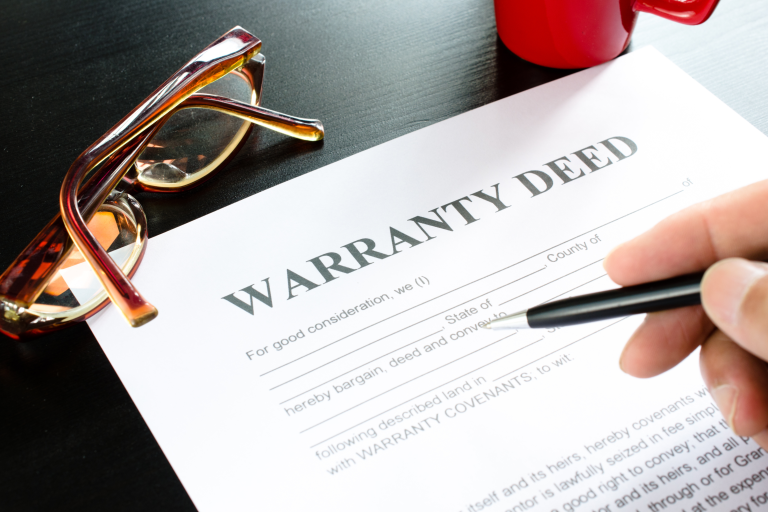Florida Trustee Fees
In a Florida trust, the trustor (or settlor) transfers the nominal ownership of property…

In a Florida trust, the trustor (or settlor) transfers the nominal ownership of property…

A deed is a legal document used to convey or transfer ownership of real…

Florida law has solid provisions to protect its residents’ right to own, occupy, sell,…

Similar to other types of deeds, quitclaim deeds are used to transfer ownership of…

A quitclaim deed is a type of deed used to transfer the title of…

One of the benefits for those who call Florida their home is strong homestead…

Many Florida residents co-own property with other joint owners. Different types of joint ownership…

Many out-of-state residents move to Florida to seize advantage of the state’s solid homestead…